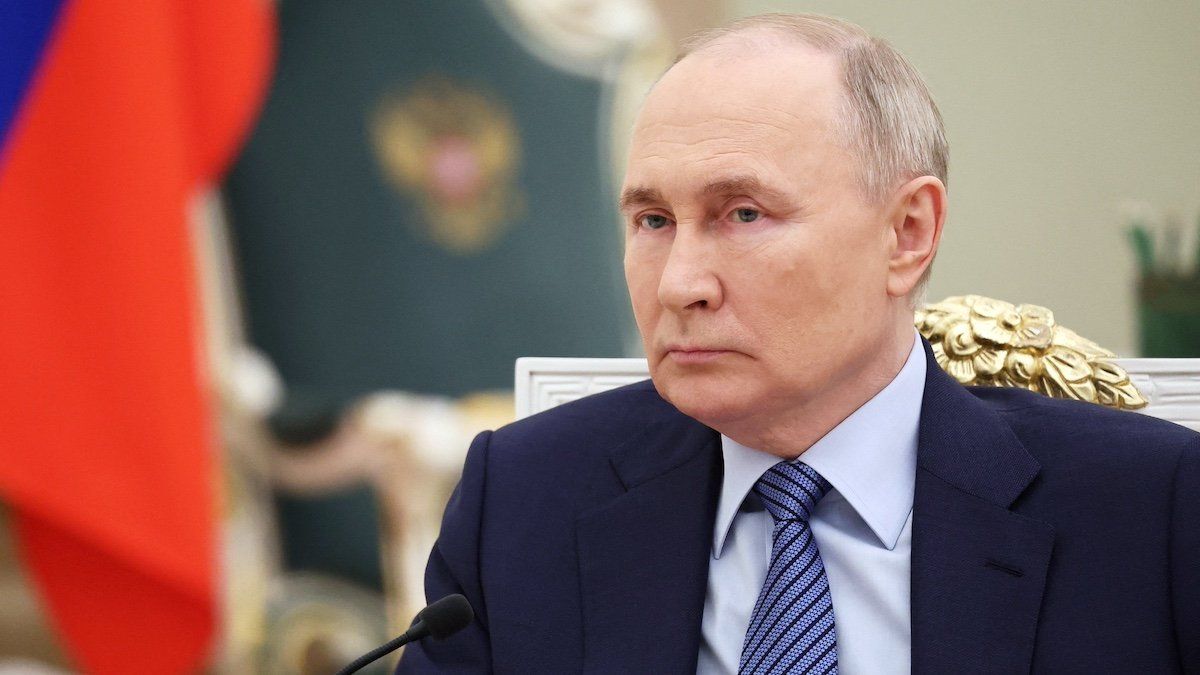After last year’s failed Ukrainian counteroffensive, Russia’s Vladimir Putin has signaled confidence that, thanks to lagging support from the West and Ukraine’s shortage of troops and weapons, Russia can win a war of attrition. But a series of stories today remind us the Kremlin still has plenty of security concerns.
Tuesday’s raids by Ukraine-aligned paramilitaries into Russian border provinces won’t change the war, but they raise the threat level for this weekend’s Russian elections.
Tuesday’s drone attacks on energy sites in multiple regions of central Russia, including one that reportedly inflicted major damage on one of the country’s biggest oil refineries, demonstrate again Ukraine’s ability to hit long-range targets. Ukraine has already disabled about one-third of Russia’s Black Sea Fleet.
NATO's newest members are also creating new security headaches for Moscow. Sweden’s prime minister is reportedly weighing a plan to refortify the Swedish island of Gotland, a strategically crucial piece of real estate in the Baltic Sea.
And for the first time, Sweden and Finland have joined in Operation Steadfast Defender, exercises involving 90,000 troops from all 32 NATO countries. This year’s event is the largest NATO military exercise since the end of the Cold War.
The EU, meanwhile, is expected to approve
€5 billion in funding for new military supplies for Ukraine on Wednesday.
